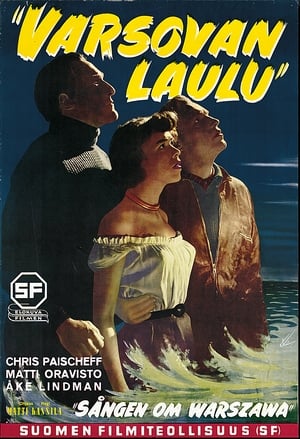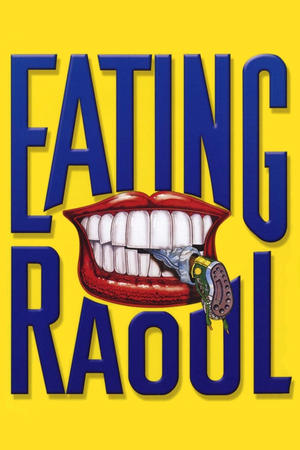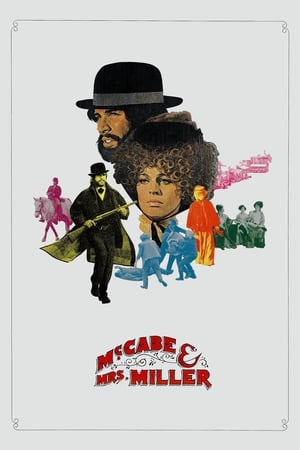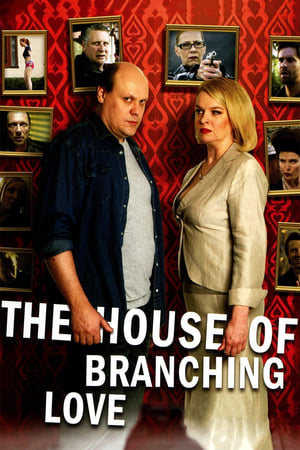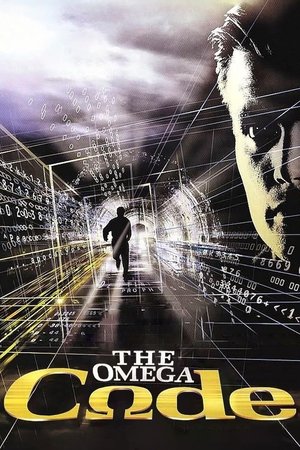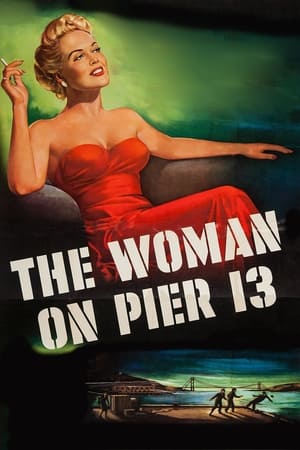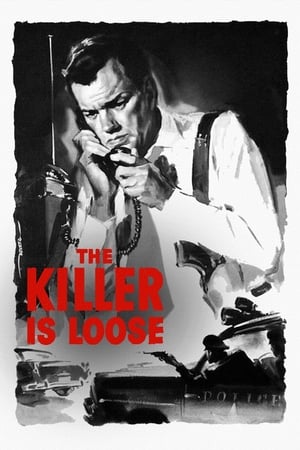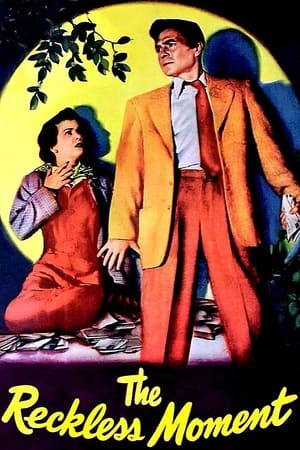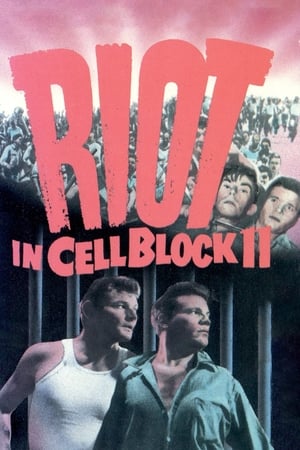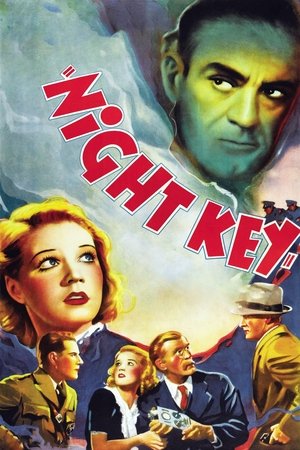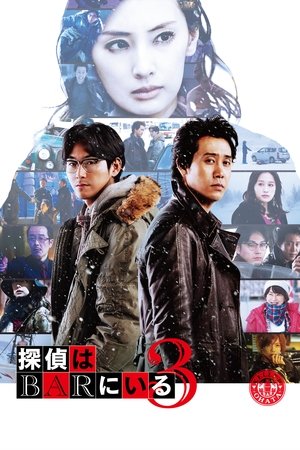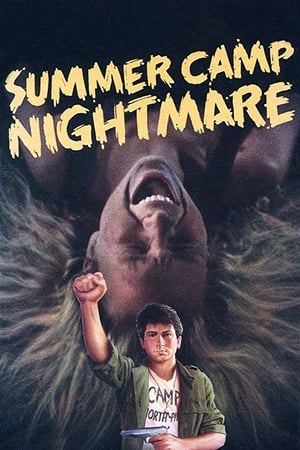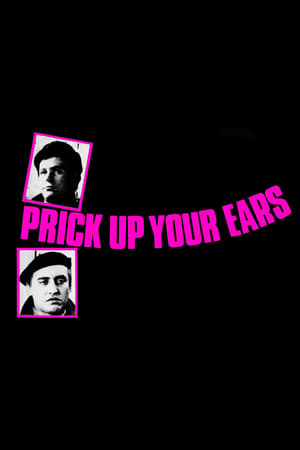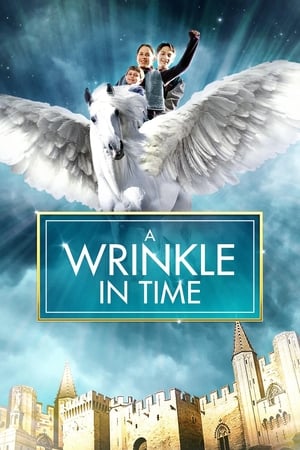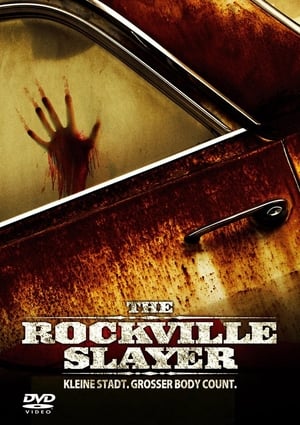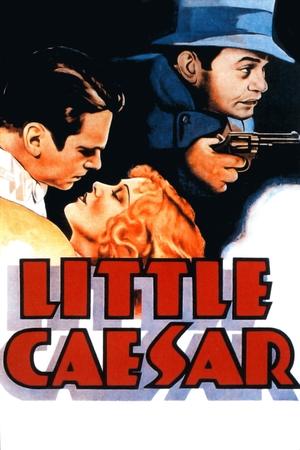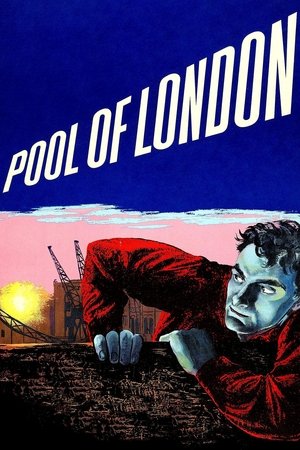Overview
An old-time crook plans a heist. When one of his two partners is found out to be a black man tensions flare.
Reviews
Whatsoever Thy Hand Findeth To Do. Do It With Thy Might.
Odds Against Tomorrow is directed by Robert Wise and adapted to screenplay by Abraham Polonsky and Nelson Gidding from the novel written by William P. McGivern. It stars Harry Belafonte, Robert Ryan, Ed Begley, Shelley Winters and Gloria Grahame. Music is by John Lewis and cinematography by Joseph C. Brun.
Don't beat on that Civil War jazz here Slater. We are all in this together - each man equal. And we're taking care of each other, it's one big play, our one and only chance to grab sticks forever. And I don't wanna hear bout what your Grandpappy thought on the old farm down on old Oklahoma. You got it?
A seething ball of fatalism, pessimism and racism, Odds Against Tomorrow packs a firm handed noir punch. At the core it's a tale of 3 men doing a heist, each man with their own reasons for breaking the law, to tackle what looks to be a simple job. Begley is a bitter ex-cop, Ryan a loser living off of his girlfriend, and Belafonte likes to gamble on the horses, only he's not very good at it and now his financial provider wants cashing in - or there are bigger prices to be paid...
All men are evil.
Wise is in no hurry here, he builds the characters and inner turmoil of each protagonist for a good portion of the running time. It's a good move. The racial tension is palpable, Earle Slater (Ryan) is a venomous racist, which obviously doesn't go down too well with Johnny Ingram (Belafonte), their scenes together crackle with electric tinged hatred, which in turn gives the whole pic its ism factors. It's bitter stuff, further compounded by the two femmes of the piece, both of whom are attached to Slater. They are not fatale types, but Lorry (Winters) and Helen (Grahame) are sad cases for differing reasons, both adding to the all round sourness of the narrative, with Helen's key scene with Slater containing razor edged scripting.
Hello dear!
The makers fill out the pic with an array of noir standards, from gay henchmen, facially blemished bystanders and acerbic dialogue, to a whole bunch of scenes and imagery that linger large. Daylight scenes have a threatening hue to them, most often boosted by crafty images such as deflated balloons, a battered doll, a rusty old tin can, a dizzying carousel or even a serene shot of a rabbit caught in the sights of our most hate filled protag. Brun's night photography out in the streets is rich with oppressive and ominous atmosphere, and the interior environments of a cramped apartment (scary stairs outside of course) and a smoky club (hello percussion abuse!) are ripe with a claustrophobic hopelessness befitting the story. And all the time John Lewis lays some sumptuously moody jazz over everything.
It all builds to the big finale, the heist and the heart tugs, a welcome to noirville sign going blink blink blinkity blink somewhere in the shadowed city. The message is clear, and every lover of film noir owes Robert Wise a debt of gratitude for overseeing a change of endings from the literary source. Yes, even the director of two of the most popular musicals of all time could beat a black heart. Thank you Bobby. 9/10
Ed Begley is "Burke", an ex-cop with an axe to grind. He owes a load of cash too, so conceives a clever plan to relieve a bank of a rather large sum of money. He has two accomplices in mind. The first is the dapper, debonaire "Ingram" (Harry Belafonte), the latter the grittier "Slater" (Robert Ryan). Initially, neither are interested in his scheme but "Burke" knows which buttons to press, and soon the three are planning the daring heist. To be honest, the plot itself is really nothing special. It's the three leading performances that make this stand out. The racial tensions between "Slater" and "Ingram" are palpable and as the story develops, it's clear that they are just as likely to shoot the other as they are to co-operate in the robbery. That gradually accumulating mistrust and open hostility is well presented by Robert Wise as the denouement looms (admittedly, with a certain degree of predictability) and things come to an head. I never found Ryan to be a particularly versatile actor - but here his is perfectly cast, generating a malevolence that speaks volumes about attitudes in the USA in the late 1950s. Gloria Grahame makes the briefest of supporting appearances, as does Shelley Winters - and they both serve to allow the pot to reduce to a simmer rather than boil over - even if we know that boil over it must. This is a solidly paced and well scripted characterful study of the venality and bigotry of human nature that is still well worth a watch.

 96 min
96 min
 6.812
6.812
 1959
1959
 USA
USA
 John Chard wrote:
John Chard wrote:
